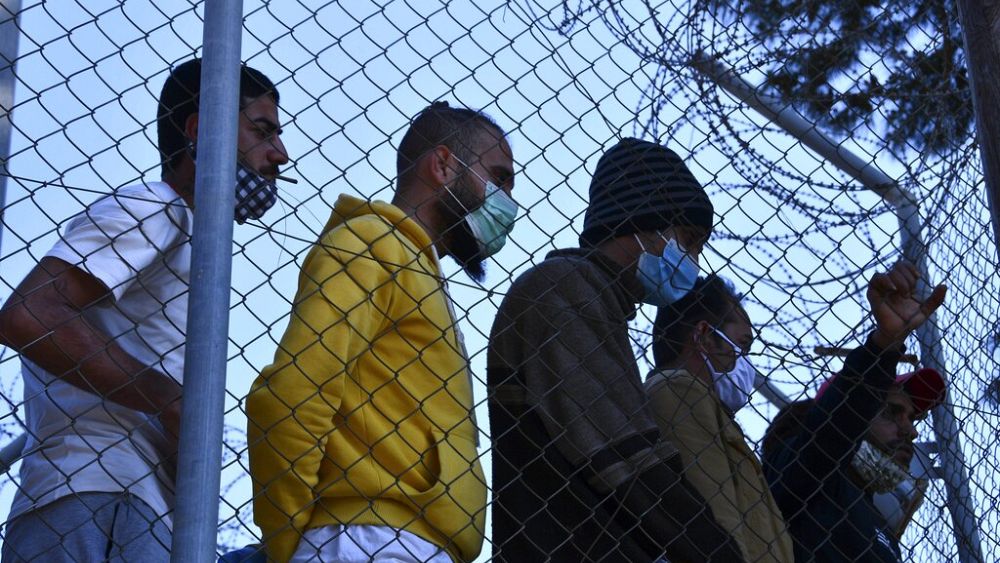The European Union”s border agency Frontex has been criticised by auditors for not being effective enough even as its funding is set to double again.
In a report published on Monday, the European Court of Auditors said Frontex was not sufficiently helping the bloc to curb illegal migration and cross-border crime.
It comes even as the agency is set to be given additional tasks, like playing a greater role in deporting migrants, and to see its budget increased by €440 million in the coming years.
Frontex had just 45 employees in 2005, the year after its creation. It was then bolstered by the EU in the wake of the 2015 refugee crisis, and in 2019, a fresh mandate granted Frontex a standing corps that is set to grow to 10,000 officers by 2027, with an annual budget of about €900m.
Despite this, the Court of Auditors found, there were “worrying” deficiencies in the services already being provided by Frontex.
The auditors found gaps and inconsistencies in the way information was exchanged between Frontex and EU countries, hampering their ability to properly monitor external borders.
It also found Frontex’s vulnerability assessments were “beset” by reliance on incomplete or low-quality data, even though the information needed should have been provided by EU member states.
The auditors also warned of a lack of transparency by the organisation on the real costs of its joint operations.
“Frontex’s tasks at the EU’s external borders are essential for the fight against cross-border crime and illegal immigration,” report author Leo Brincat said.
“Nevertheless, Frontex is currently not discharging that duty effectively. This is especially worrying at a time when Frontex is being given added responsibilities.”









